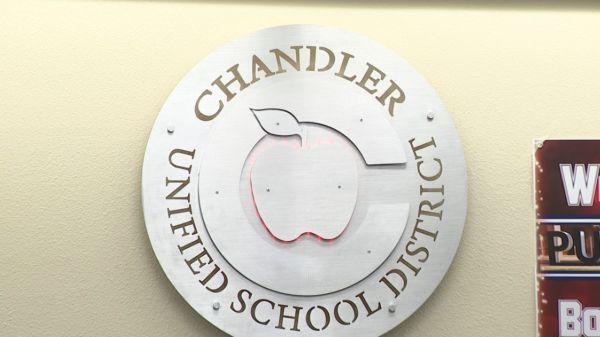UPDATE: Grocery prices in the U.S. are surging, leaving many shoppers struggling to afford basic necessities. The latest Consumer Price Index data reveals a sharp increase of 0.5% from July to August, marking the fastest monthly rise since fall 2022. Experts pinpoint three critical factors fueling this inflation crisis: tariffs, climate change, and a severe labor shortage in agriculture.
Phil Lempert, a renowned food industry analyst known as the “Supermarket Guru,” spoke with CBS News correspondent Jo Ling Kent about the urgent situation impacting wallets across America. He highlighted that the Trump administration’s tariffs are a significant contributor, particularly affecting imported goods. For instance, the U.S. imports approximately 35% of its coffee from Brazil, where exports are subjected to a staggering 50% tax rate. This has led to coffee prices soaring by 21% in August compared to last year.
As inflation pressures mount, companies are increasingly passing costs onto consumers. Lempert pointed out that corporations, particularly public ones, are under pressure to maintain profit margins for shareholders. “There’s no question that what we’ve seen is, we’re seeing companies increase prices because of the impending tariffs,” he stated. Some food manufacturers have resorted to a practice known as “shrinkflation,” offering less product for the same price to disguise inflation.
Climate change also plays a crucial role. Rising temperatures and erratic weather patterns have rendered traditional farming regions untenable. Lempert noted that a significant portion of U.S. food production has shifted to Central and Latin America due to these adverse conditions. “We can’t grow our food where we used to grow it,” he emphasized.
Additionally, the agricultural sector faces a critical labor shortage exacerbated by strict immigration policies. Lempert explained that the decline in interest in agricultural jobs, coupled with workplace raids, has left farmers struggling to find sufficient labor.
In response to these rising costs, consumers are becoming more strategic. Many are opting for store-brand products over name brands and purchasing bulk shelf-stable items at retailers like Costco. Lempert advises that careful planning can significantly reduce grocery bills. “The number one thing that people want to do if they want to save money — stop wasting food,” he advises. Approximately 40% of food in the U.S. goes to waste, much of it in households. Simple measures such as taking leftovers home from restaurants and properly storing food can lead to substantial savings.
What’s Next: As inflation continues to impact grocery bills, consumers are urged to adapt their shopping habits while policymakers may need to reassess existing tariffs and agricultural policies. Stay tuned for more updates on this evolving crisis affecting millions of Americans.
Megan Cerullo, a reporter for CBS MoneyWatch, emphasizes the pressing nature of these issues, highlighting the need for immediate consumer awareness and action. As prices rise, the call for informed choices has never been more critical.






































































